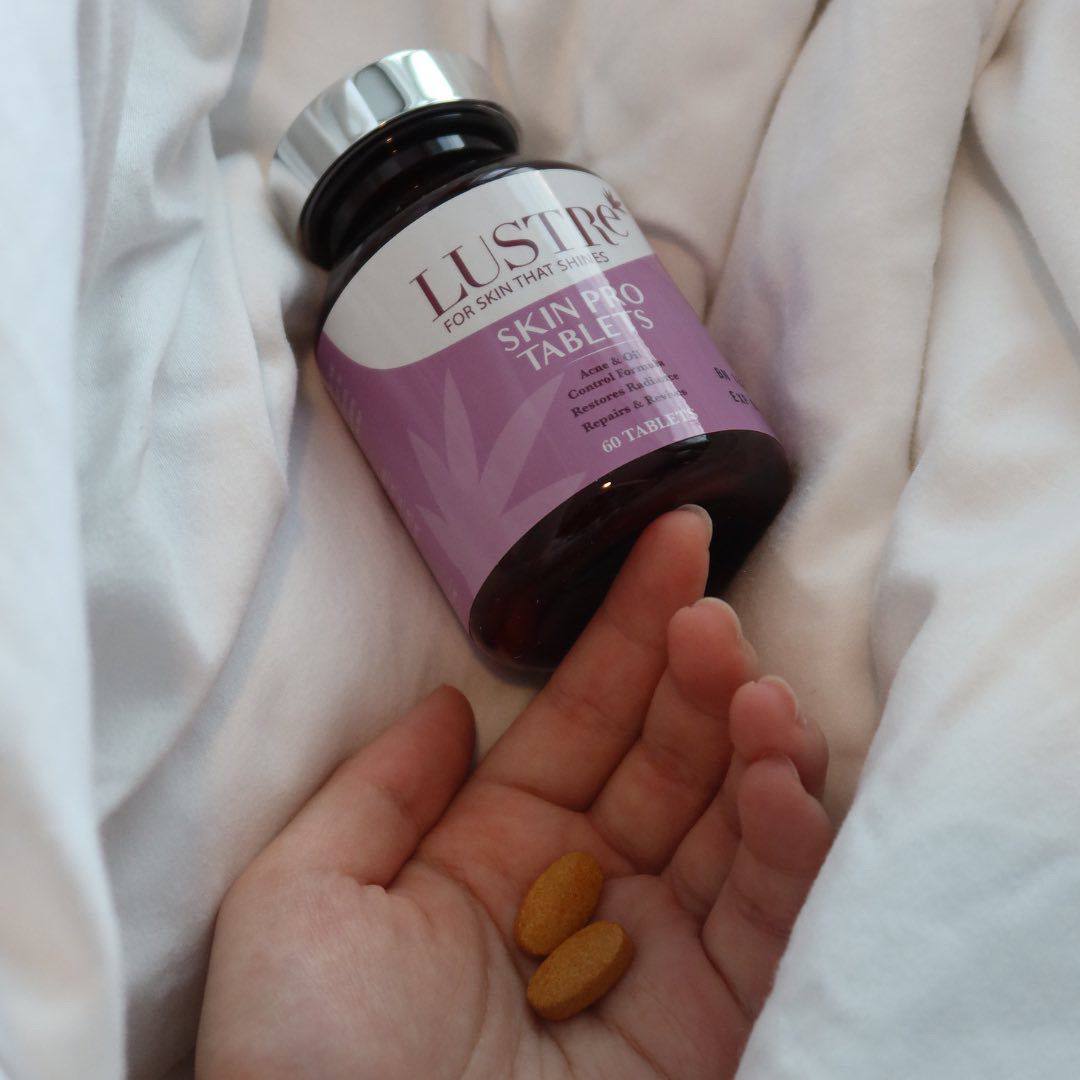The Importance of Gut Health: A Simple Guide for Everyone

Maintaining a healthy gut is essential for your overall well-being. If your digestive system isn't in good shape, you may experience bloating, gas, or even more severe issues like chronic inflammation and autoimmune diseases.
But don't worry, there are simple ways to take care of your gut!
What Is Gut Health and the Gut Microbiome?
Your gut health revolves around keeping your digestive system in top condition. A big part of this is having a diverse gut microbiome, which is a community of bacteria living in your intestines. Think of them as your body’s personal army, helping to break down food, absorb nutrients, and protect against harmful invaders.
To keep your gut bacteria happy, focus on eating a variety of high-fiber foods like fruits, vegetables, whole grains, and legumes. These foods create a healthy environment for your gut microbiome to thrive, leading to better digestion and overall health.
Signs Your Gut Might Be Unhealthy
Not feeling your best? It could be your gut trying to tell you something. Here are some common signs of poor gut health:
- Cravings for sugar and processed foods
- Unexplained weight gain
- Skin problems like acne or eczema
- Irregular bowel movements
- Fatigue and mood swings
- Bloating and digestive discomfort
How to Improve Your Gut Health
Improving gut health starts with what you eat. Make sure your diet is rich in fiber from fruits, veggies, and whole grains. Fiber not only aids digestion but also feeds the good bacteria in your gut. Here are some easy tips to boost your gut health:
- Drink plenty of water to stay hydrated.
- Include probiotic-rich foods like yogurt, kefir, and kimchi.
- Add prebiotic foods like garlic, onions, and asparagus to nourish your gut bacteria.
- Exercise regularly, reduce stress, and get enough sleep to keep your digestive system running smoothly.
The Best Foods for a Healthy Gut
A healthy gut needs the right fuel. Focus on foods that support the good bacteria in your digestive system:
- High-fiber foods: Fruits, vegetables, whole grains, and legumes.
- Probiotic foods: Yogurt, kefir, sauerkraut, and miso.
- Prebiotic foods: Garlic, onions, leeks, and bananas.
- Hydrating foods: Drink plenty of water to keep things moving.
Debunking Myths About Gut Health
There are many myths around gut health. For example, eating yogurt alone won't magically fix your gut. While yogurt is great for probiotics, a balanced diet with a variety of nutrients is essential for a healthy gut.
Remember, your gut health affects more than just digestion—it can influence your immune system, mood, and overall well-being.
Conclusion
Your gut health plays a bigger role in your overall well-being than you may realize. By maintaining a balanced diet, staying hydrated, and managing stress, you can support a healthy gut microbiome. So, the next time you decide what to eat, keep in mind that your gut will appreciate those healthier choices!








